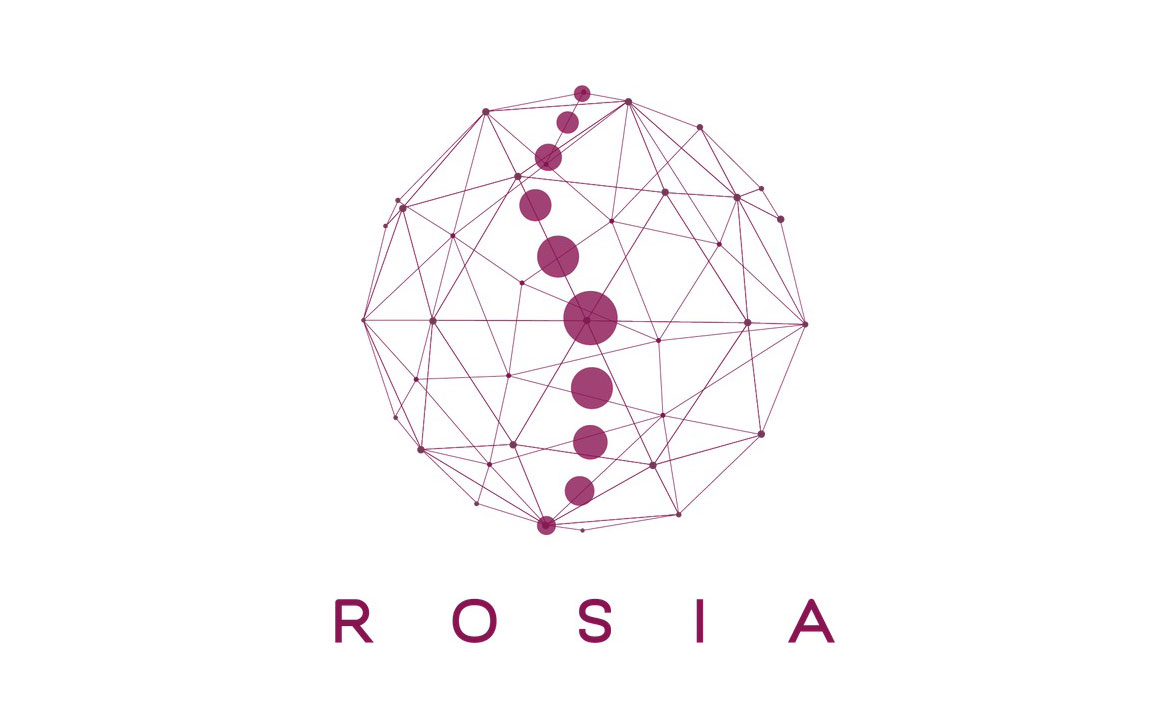The National Rehabilitation Hospital (NRH) is a partner in the ROSIA Project consisting of 12 partners across five countries. ROSIA is a development project funded by the European Commission under the Horizon 2020 research and innovation programme with a €3.9m budget.
Rehabilitation is an essential part of any modern healthcare system; it improves health outcomes, reduces disability, improves quality of life and reduces costs by reducing hospital stays. WHO Rehabilitation 2030 calls for global action to scale-up rehabilitation. Digital technology has the potential to transform rehabilitation by revolutionising how services are delivered. ROSIA is ready to deploy a complete digital solution set for scale-up based on a model of integrated care and value-based care.
The ROSIA Project aims to enable the remote delivery of healthcare, telerehabilitation and supported self-care.
The NRH is one of the three organisations who aim to acquire the design of the future’s telerehabilitation services for remote areas.
Development of an ICT Innovation Ecosystem for telerehabilitation can integrate technology from third parties, with the potential to remotely address the need for: interaction with clinicians, evaluation, exercises definition, exercises performance, adherence and motivation, for a broad range of pathologies.
The ROSIA project focuses on the design and development of an intelligent platform for telerehabilitation services, and design and development of a catalogue of Applications and devices which will connect to this platform, allowing community supported and supervised self-care services to be integrated into patients’ care plans. ROSIA’s value-based model of integrated care can also open the door to rethinking new business models and incentives for providers, improve equity in access to rehabilitation resources and contribute to improving the sustainability of these services.
The NRH is also a pilot site for the testing the usability and feasibility of the ROSIA ICT Innovation Ecosystem’s catalogue and open platform in real-life situations. The testing is due to commence in June 2024.

